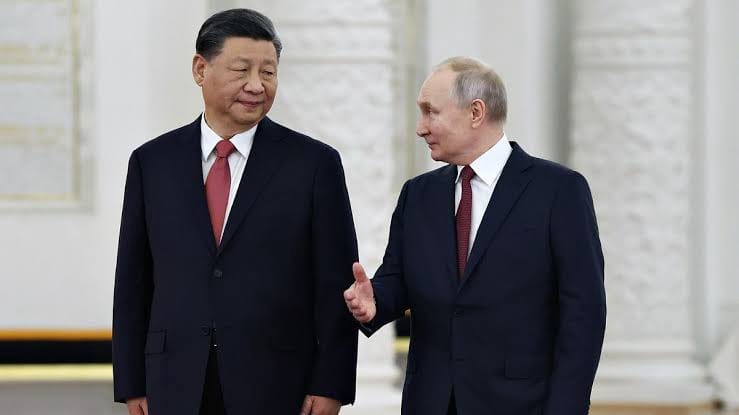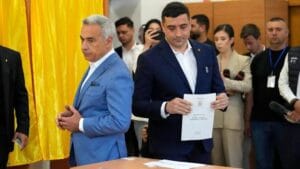EU targets Chinese firms in landmark sanctions over aid to Russia
The European Union is moving to impose visa bans and asset freezes on Chinese companies and individuals accused of supporting Russia’s military efforts in Ukraine.

The European Union is moving to impose visa bans and asset freezes on Chinese companies and individuals accused of supporting Russia’s military efforts in Ukraine. The proposed measures, part of the EU’s 15th sanctions package, signal a new level of scrutiny on entities aiding Moscow despite international embargoes.
A draft of the proposal reviewed by Radio Free Europe/Radio Liberty (RFE/RL) outlines plans to target six China-based companies with asset freezes and one Chinese individual with a visa ban. The sanctions aim to penalize those allegedly supplying dual-use goods—items with both civilian and military applications—that bolster Russia’s battlefield capabilities.
“If approved, these measures would prevent individuals associated with the listed companies from entering the EU and freeze each firm’s EU-based assets,” the draft states.
This marks a significant shift for the EU, which has previously restricted business dealings with Chinese entities but stopped short of direct bans and freezes. The move underscores growing concerns over China’s role in circumventing sanctions imposed on Russia following its February 2022 invasion of Ukraine. Western officials argue that China’s actions have played a critical role in sustaining Moscow’s war effort.
Among the Chinese targets, one firm has been identified as “the largest supplier of sanctioned microelectronic components to Russian companies since the beginning of the war,” according to the draft. These components are reportedly used in the production of Orlan drones, deployed by Russian forces in Ukraine.
The lone Chinese individual named in the proposal is described as a “businessperson” operating in mainland China and Hong Kong, accused of breaching EU sanctions on Russia’s military-industrial complex.
The broader sanctions package also lists 54 individuals and 29 entities for punitive measures, mostly based in Russia. Additionally, 33 companies—primarily Russian but also in China, Iran, Thailand, and the UAE—face new export restrictions, while 44 entities are flagged for involvement in Russia’s “shadow fleet,” ships allegedly used to evade sanctions.
The EU draft, shared with member states on November 22, still requires unanimous approval from all 27 nations before implementation. If enacted, the sanctions would mark a bold step in addressing third-party actors undermining Western efforts to restrict Russia’s military capabilities.










